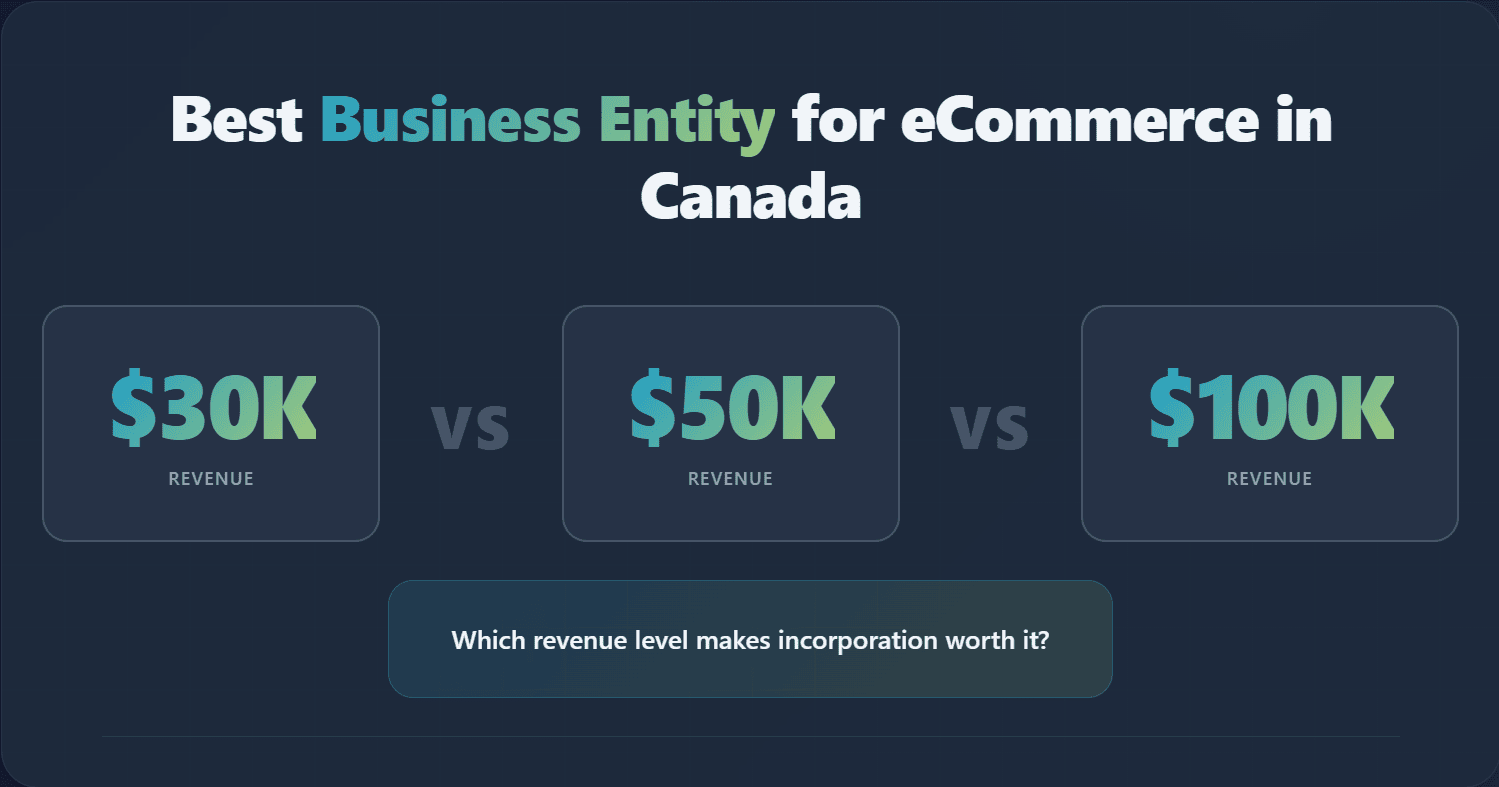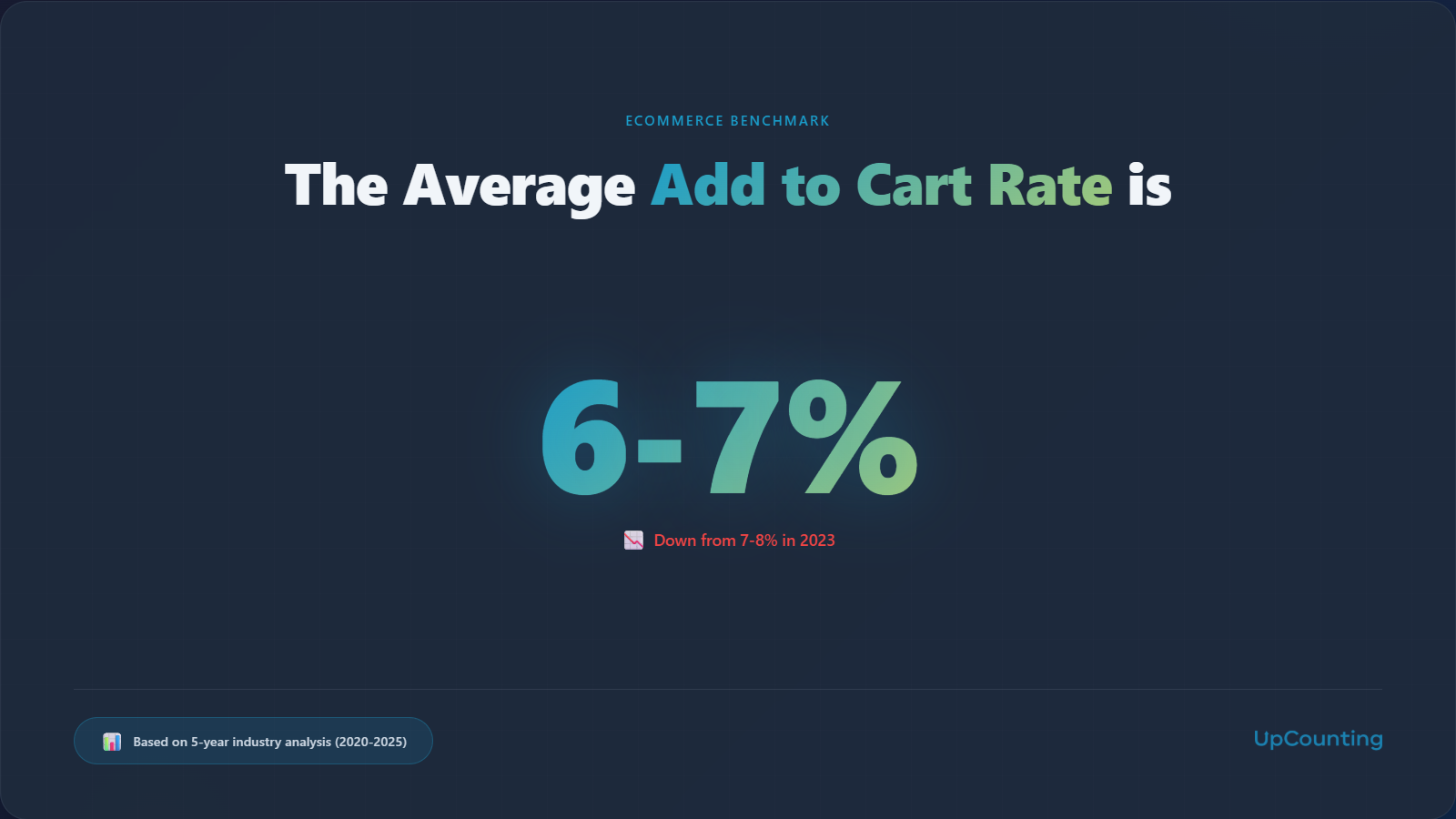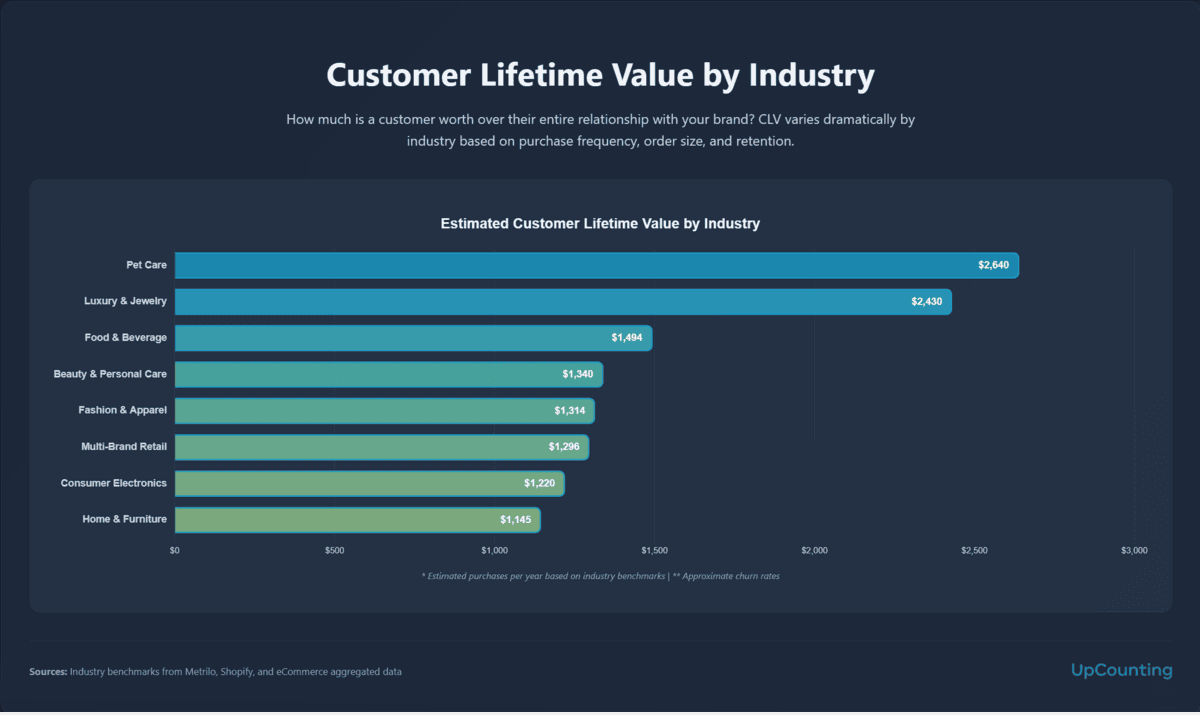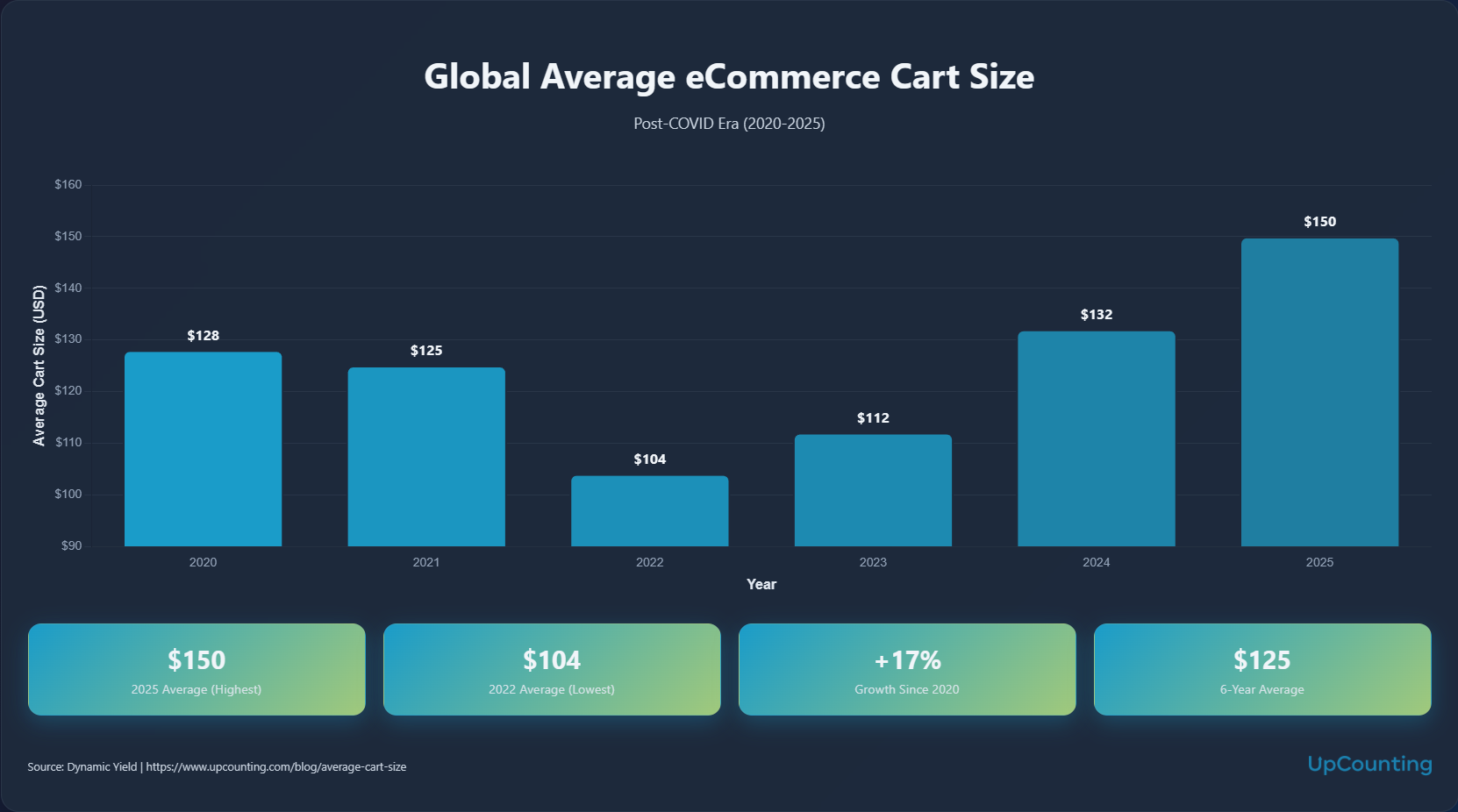Here's the thing you rarely hear when you're starting an eCommerce business: the structure you choose on day one might not be the one that makes sense six months from now. And that's okay.
But here's what's not okay - making that choice blindly and then getting hit with a tax bill that wipes out half your profits.
Or worse, having someone sue your business and suddenly your personal savings account is fair game.
Most people starting on Amazon or Shopify aren't thinking about incorporation.
They're thinking about product research, supplier negotiations, ad spend. The legal structure feels like bureaucratic nonsense that can wait.
And honestly? Sometimes it can. But sometimes it absolutely cannot.
So what actually matters when you're choosing a business structure?
Taxes. Not the sexy topic, but the one that'll determine whether you actually get to keep the money you're making.
In Canada, the gap between corporate tax rates (12-15% on your first $500K) and personal tax rates (which can hit 50%+) is massive.
If you're planning to reinvest profits instead of immediately spending everything you make, this matters more than almost anything else.
Liability. Are you dropshipping random products from AliExpress? Selling supplements? Creating your own branded products?
The risk profile varies wildly, and so should your protection strategy.
Your business getting sued is one thing. Your house being on the line because of your business? That's a completely different conversation.
Credibility. Yeah, this one feels superficial until you're trying to get a business loan, attract investors, or negotiate better terms with suppliers.
"John's Amazon Store" hits different than "ABC Distribution Inc." Whether that matters to you depends entirely on where you're trying to take this thing.
Exit strategy. Most people starting an eCommerce business aren't thinking about selling it.
But here's a question worth sitting with: if someone offered you $500K for your business tomorrow, would you know how to structure that deal to avoid getting destroyed on taxes?
With a corporation, you might pay zero tax on the first $1.25 million of gains. As a sole proprietor? You're paying full freight.
This guide isn't here to tell you what to do. You know your situation better than anyone else.
What we're going to do is break down exactly what each structure means for eCommerce sellers specifically - not generic small business advice, but the real implications for people selling on Amazon, Shopify, eBay, or their own stores.
We'll cover the three main structures available in Canada: sole proprietorship, partnership, and corporation.
We'll talk about when each one makes sense, when it doesn't, and what the actual costs and benefits look like in real numbers.
The goal isn't to scare you into incorporating when you don't need it, or convince you to stay small when you should be thinking bigger.
The goal is to give you enough information to make a decision that actually fits your situation - and to know when it's time to level up.
Let's get into it.
Do I Need To Register My Online Business?
Short answer: it depends on what you mean by "register."
You can literally start selling on Amazon or Shopify today under your own name without registering anything. No paperwork, no fees, no waiting.
Just create an account and start selling. Technically, you're operating as a sole proprietorship the moment you make your first sale.
That doesn't mean you have zero obligations - you still need to report that income on your tax return and keep track of your expenses.
But you don't need to formally register the business itself to get started.
But there are three situations where you actually need to register something:
1. When you hit $30,000 in revenue (over the last four quarters)
This is the big one most people miss. Once you cross $30K, you're legally required to register for GST/HST and start collecting sales tax. Not "should probably think about it." Required.
And if you're in BC, Manitoba, Saskatchewan, or Quebec? You've also got provincial sales tax (PST/RST/QST) to worry about on top of federal GST. The rules vary by province, but the consequence of ignoring them is the same: penalties and back taxes you really don't want to deal with.
2. When you want to use a business name
If you're okay selling as "Jane Smith" - use your personal name, no registration needed.
But the moment you want to operate as "Premium Pet Supplies" or whatever, you need to register that business name with your province. This applies whether you're a sole proprietor or partnership.
Corporations get their name as part of the incorporation process, so that's built in.
3. When you incorporate
Incorporation is creating a whole separate legal entity. You're not just registering a name - you're creating a corporation that exists independently of you.
Different process, different requirements, which we'll get into later.
The consequences of not registering when you're supposed to? Beyond the tax penalties, you're looking at difficulty opening business bank accounts, problems with supplier accounts, and basically operating in a grey area that gets real uncomfortable real fast.
But here's what matters: don't let registration paralysis stop you from starting. If you're testing products and haven't hit $30K, you can operate under your personal name with zero registration. Get the business moving. Worry about the paperwork when it actually becomes necessary.
What Are the Common Business Structures for eCommerce Sellers?
There are three main structures you need to know about: sole proprietorship, partnership, and corporation.
The key difference? Liability. Who's on the hook when things go wrong.
In a sole proprietorship or partnership, there's no separation between you and the business.
Business gets sued? They're coming after your personal assets.
Business owes money? Your money. Business debt? Your debt.
In a corporation, the business is its own legal entity. It can own property, sign contracts, get sued - all independently of you.
There's a legal wall between the corporation's problems and your personal life.
Think of it like this: with a sole proprietorship, you and your business are the same person. With a corporation, your business is a separate person that you happen to own shares in.
This distinction affects everything: taxes, liability, how you take money out of the business, compliance requirements, and what happens if you want to sell.
Let's break down each one.
Sole Proprietorship
This is the default. The moment you start selling products and earning income, you're a sole proprietor unless you've specifically set up something else.
You and your business are one and the same. Every dollar the business makes is your dollar. Every dollar it owes is your debt. There's zero separation.
How it works:
No formal setup required if you're using your personal name. Want to use a business name? Register it with your province and get a business license. That's it.
Your business income gets reported on your personal tax return. You track your revenue and expenses, calculate your profit, and that profit gets taxed at your personal income tax rate.
The upside:
- Dead simple to start
- Minimal costs (no incorporation fees, lower accounting bills)
- Full control - you don't answer to partners or shareholders
- If your business loses money in the early days, you can deduct those losses against your other income (like your day job)
The downside:
- Unlimited personal liability - if someone sues your business, they can go after your house, car, savings, everything
- No tax deferral - all profits get taxed at your personal rate (which can hit 45-50% depending on your province)
- Harder to get investors or business loans
- Zero separation between business and personal finances can get messy
When it makes sense:
You're just starting out and testing products.
You don't have major personal assets to protect.
You're using most of the business income for living expenses anyway, so the tax deferral advantage of a corporation doesn't matter much. Your revenue is under $50K/year.
Basically: if you're side-hustling or in the "figure out if this is even viable" phase, sole proprietorship is probably fine. Don't overcomplicate it.
Partnership
Same concept as sole proprietorship, but with multiple people.
The business doesn't pay taxes - profits flow through to the partners based on whatever percentage you've agreed on, and each partner reports their share on their personal return.
Two types matter:
General Partnership: Everyone's equally liable for everything. Your partner screws up and the business gets sued? You're both on the hook, personally, for the full amount.
Limited Partnership: Some partners (limited partners) are only liable up to the amount they invested. But there has to be at least one general partner with unlimited liability.
The upside:
- Still relatively simple and cheap to set up
- Share the workload and expertise
- More capital available than going solo
- Lower compliance costs than a corporation
The downside:
- Unlimited liability for general partners
- Partnership disputes can get ugly fast
- Each partner can make decisions that bind the whole partnership
- Harder to exit than you'd think
One non-negotiable thing: Get a partnership agreement in writing. Doesn't matter if it's your best friend or your sibling. Define who owns what percentage, who's responsible for what, how profits get split, what happens if someone wants out.
Most partnership disasters aren't about the business - they're about two people who never clarified expectations up front.
When it makes sense:
You're starting with a co-founder and you're both still testing things out. Neither of you has significant assets to protect.
You both have other income sources. You want to keep things simple and cheap while validating the business model.
Once you're serious about scaling or either partner has real assets at risk, you'll probably want to convert to a corporation with a proper shareholder agreement.
Corporation
This is where things get real.
A corporation is a separate legal entity. It has its own tax ID, its own bank accounts, its own assets and liabilities. You don't "own" the business the way you own a sole proprietorship - you own shares in a corporation that owns the business.
The tax situation:
This is the big reason people incorporate. In Canada, the small business tax rate is 13-15% (depending on province) on the first $500,000 of active business income. Compare that to personal tax rates that can hit 50%+.
If you're making $100K in profit and you're a sole proprietor, you might pay $40K+ in taxes. If that same $100K sits in a corporation, you pay ~$13K-$15K in corporate tax. The difference? You can reinvest that extra $25K+ into inventory, ads, hiring, whatever.
Of course, when you eventually take that money out as salary or dividends, you'll pay personal tax. But the ability to defer that tax while you're growing? Massive advantage.
Limited liability:
The corporation owns the business assets and liabilities. If someone sues the corporation, they can go after what's in the corporation - not your personal house or savings.
There are limits to this (personal guarantees on loans, director liability for certain taxes, "piercing the corporate veil" in extreme cases), but the basic protection is real.
The complexity trade-off:
Corporations require:
- Separate bank accounts
- Proper bookkeeping and financial statements
- Corporate tax returns (on top of personal tax returns)
- Annual filings
- Corporate minute book documenting major decisions
- Accounting costs typically $1,500-$2,500/year
The money doesn't automatically belong to you anymore. It belongs to the corporation. You need to formally pay yourself via salary or dividends and track everything properly, or the CRA will have questions.
Provincial vs Federal:
You can incorporate provincially (name protected in that province) or federally (name protected across Canada). For eCommerce sellers, provincial usually makes more sense unless you have specific reasons to go federal. The tax treatment is identical either way.
When it makes sense:
- You're consistently profitable and reinvesting a chunk of profits back into the business
- Your revenue is over $75K-$100K
- You have personal assets (house, savings) worth protecting
- You're selling products with meaningful liability risk
- You're planning to scale significantly or eventually sell the business
- The $1,500-$2,500 annual accounting cost is worth the tax savings and protection
If you're pulling out every dollar you make to live on, the tax deferral advantage disappears. If you have no assets and nothing to lose, the liability protection doesn't matter much. Corporation adds complexity - make sure you're getting value from that complexity.
Real Numbers: What You Actually Keep at Different Revenue Levels
Let's make this concrete.
Here's what the numbers actually look like for eCommerce businesses at three common revenue points.
We'll assume a 30% profit margin (pretty typical for eCommerce after cost of goods, ads, and overhead).

Scenario 1: $20K Revenue (Just Starting Out)
The Setup:
- Revenue: $20,000/year
- Profit (30% margin): $6,000
- Structure: Sole Proprietorship
What You're Dealing With:
- You're under the $30K GST/HST threshold, so no sales tax registration needed yet
- Your $6K profit gets added to your other income and taxed at your personal rate
- If this is side income on top of a $50K day job, you're paying roughly 25-30% combined federal/provincial
- Tax on business profit: ~$1,500-$1,800
- You keep: ~$4,200-$4,500
Your Obligations:
- Track business income and expenses (even a spreadsheet works)
- Report business income on personal tax return (T2125 form)
- Keep receipts for expenses
- That's basically it
Should You Incorporate? Absolutely not. You'd pay $1,500-$2,500 in accounting fees to save maybe a couple hundred dollars in tax. Plus all the complexity of separate bank accounts, corporate filings, etc. Stay as a sole prop and keep it simple.
Scenario 2: $50K Revenue (The Grey Zone)
The Setup:
- Revenue: $50,000/year
- Profit (30% margin): $15,000
- Let's compare both structures
As a Sole Proprietor:
- You've crossed the $30K threshold, so now you're collecting GST/HST (but this doesn't affect your profit - you're just passing it through)
- Your $15K profit gets taxed at personal rates
- Assuming this is on top of other income (say you make $60K at your day job), you're in a higher bracket
- Combined tax rate around 35-38% on this extra income = ~$5,250-$5,700 in taxes
- You keep: ~$9,300-$9,750
As a Corporation:
- Corporate tax on $15K profit: 13-15% = ~$2,000-$2,250
- But you need to pay yourself to actually use the money
- If you take the full amount as dividends: additional personal tax ~$2,000-$2,500
- Accounting costs: ~$1,800-$2,000/year
- Total costs: ~$5,800-$6,750
- You keep: ~$8,200-$9,200
The Reality: At this level, incorporation might actually cost you more once you factor in accounting fees. The only time it makes sense is if:
- You're keeping money in the business (not taking it all out)
- You have significant personal assets you want to protect
- You're confident this is scaling past $75K next year
Your Obligations:
Sole Prop:
- Register for GST/HST with CRA
- Collect sales tax from customers and remit quarterly or annually
- Track income and expenses properly (get QuickBooks or similar)
- Personal tax return with business income
Corporation:
- Everything above, plus:
- Corporate tax return (T2) filed by accountant
- Separate business bank account
- Corporate minute book and records
- Annual corporate filings
- Decision between salary vs dividends (affects CPP contributions)
- Track every dollar you take out or put in
Should You Incorporate? Only if you're reinvesting most of the profit or you have substantial assets at risk. Otherwise, the juice isn't worth the squeeze yet.
Scenario 3: $100K Revenue (Incorporation Makes Sense)
The Setup:
- Revenue: $100,000/year
- Profit (30% margin): $30,000
- You're reinvesting $15K back into inventory/ads, taking $15K for living expenses
As a Sole Proprietor:
- GST/HST registration and collection (doesn't affect profit)
- Your $30K profit gets taxed immediately at personal rates
- If this is on top of $60K other income, you're in the 40-43% bracket on this additional income
- Tax bill: ~$12,000-$12,900
- You keep: ~$17,100-$18,000
- But remember, you wanted to reinvest $15K. After taxes, that's tough.
As a Corporation:
- Corporate tax on $30K profit: 13-15% = ~$4,000-$4,500
- Amount left after corporate tax: ~$25,500-$26,000
- You reinvest $15K in the business (stays in corporation, no additional tax yet)
- You take $11K as dividends for living expenses
- Personal tax on $11K dividends: ~$1,500-$2,000 (lower rate than salary)
- Accounting costs: ~$2,000-$2,500
- Total tax paid: ~$7,500-$9,000
- What you have: $15K reinvested + $9K in your pocket = $24K of value
The Math That Matters:
- Sole prop: Pay ~$12,500 in tax, left with ~$17,500 total
- Corporation: Pay ~$8,000 total in tax, have $24K in combined resources (retained + personal)
- Difference: ~$6,500/year in your favor
Plus you get liability protection for your personal assets.
Your Obligations:
Corporation at this level:
- GST/HST collection and filing (quarterly likely)
- Monthly bookkeeping - get an accountant or bookkeeper involved
- Quarterly financial reviews with accountant
- Year-end financial statements
- Corporate tax return (T2) - accountant handles this
- Personal tax return with dividend/salary income (T1)
- Annual corporate maintenance filing
- Corporate minute book tracking major decisions
- Completely separate banking and credit cards
- Paper trail for everything
Should You Incorporate? Yes, if:
- You're keeping meaningful money in the business (not spending every dollar)
- This is sustainable/growing (not a one-time spike)
- You have assets to protect (house, savings, car)
- The business has liability risk (physical products, especially)
The tax savings alone (~$6,500/year) more than cover the accounting costs (~$2,000). You're ahead $4,500+ annually, plus you get legal protection.
The Real Decision Point
Here's what actually matters: How much profit are you keeping in the business?
If you're making $100K revenue but taking out every dollar for rent, food, life - incorporation doesn't help much. The tax deferral only works if money stays in the corporation.
But if you're making $60K revenue with strong margins, keeping $20K in the business for inventory and growth, and you own a house? Incorporation probably makes sense even at that "lower" revenue level.
The question: "Am I regularly keeping $15K+ per year in the business for reinvestment, and do I have personal assets worth protecting?"
If both are yes - talk to an accountant about incorporating. If no to both - sole prop is fine for now.
Making the Right Choice for Your eCommerce Business
The framework is simpler than people make it:
Start as a sole proprietorship if:
- Revenue under $50K
- Testing products/market fit
- Using all profits for personal expenses
- Don't have major personal assets yet
- Want minimum hassle and cost
Consider incorporating if:
- Revenue over $75K-$100K
- Keeping profits in the business to reinvest
- Have a house, savings, or other assets to protect
- Selling products with liability concerns (supplements, anything kids-related, etc.)
- Planning to scale or eventually sell
The grey zone is $50K-$100K in revenue. This is where the answer becomes "it depends on your specific situation." How much are you reinvesting vs spending? What assets do you have? What's your risk tolerance?
A few specific scenarios:
Dropshipping: Start as sole prop. If you scale to six figures and it's looking sustainable, incorporate. The liability risk from product issues is real once you're doing volume.
Private label Amazon: If you're serious about building a brand, incorporate sooner. Product liability is higher, you're likely reinvesting heavily in inventory, and you're building something with eventual sale value.
Testing multiple products as a side hustle: Sole prop until you find what works.
Partnership with friends/family: Start with a partnership agreement, but plan to incorporate if it gets traction. The liability exposure with unlimited partnership liability gets scary fast.
The other thing worth considering: you can change. Start as a sole proprietor, incorporate when it makes sense.
The transition is straightforward - you form the corporation and transfer the business over. There are some tax implications to navigate (talk to an accountant), but people do it all the time.
Don't let the structure decision paralyze you from starting. And don't stubbornly stick with sole proprietorship when you've clearly outgrown it because you want to save on accounting fees.
Match your structure to where you're at right now…
…not where you hope to be in five years.
Starting out, testing products, revenue under $50K? Sole proprietorship. Don't overcomplicate it.
Scaled to six figures, reinvesting profits, have assets to protect? Corporation. The tax savings alone will cover the accounting costs.
Somewhere in between? That's when you need to actually look at your numbers and situation.
The structure isn't permanent. You can start simple and level up when it makes sense.
What you can't do is ignore the question entirely and then wonder why you paid $40K in taxes when you could have paid $15K, or why a lawsuit is threatening your house.
Talk to an accountant who works with eCommerce businesses specifically. Not your uncle who does taxes for local contractors.
Someone who understands Amazon, Shopify, cross-border payments, the whole thing. That conversation is worth way more than this article.
And then make a decision and get back to actually building the business.
You don't have to nail this decision on day one. Start simple, prove it works, incorporate when the math makes sense.






.jpg)







.jpg)
